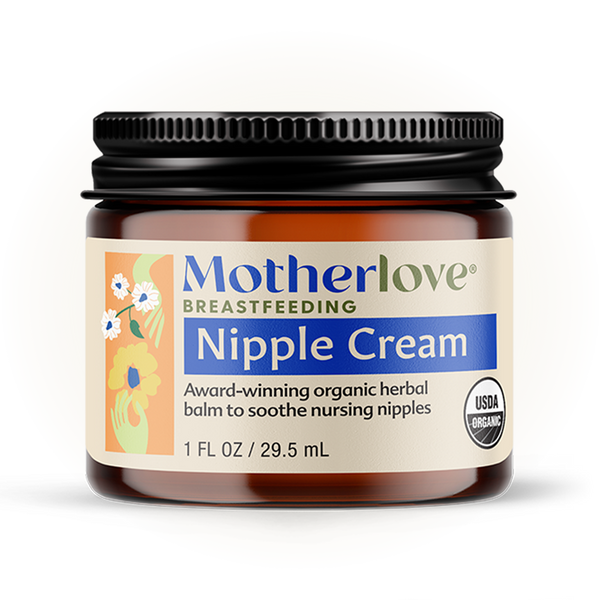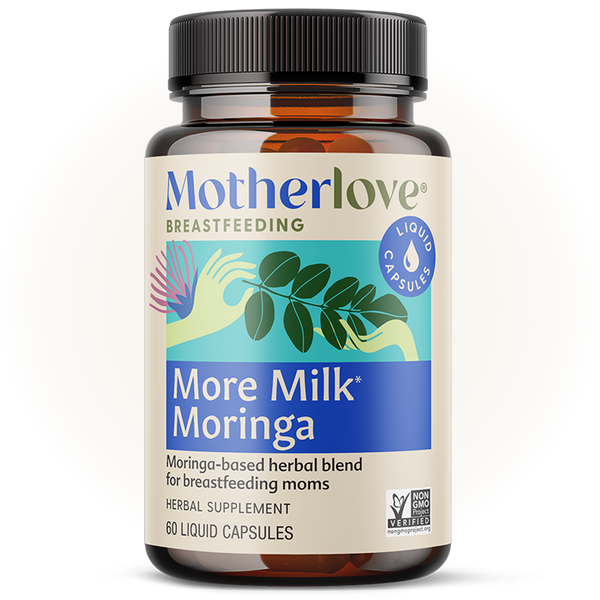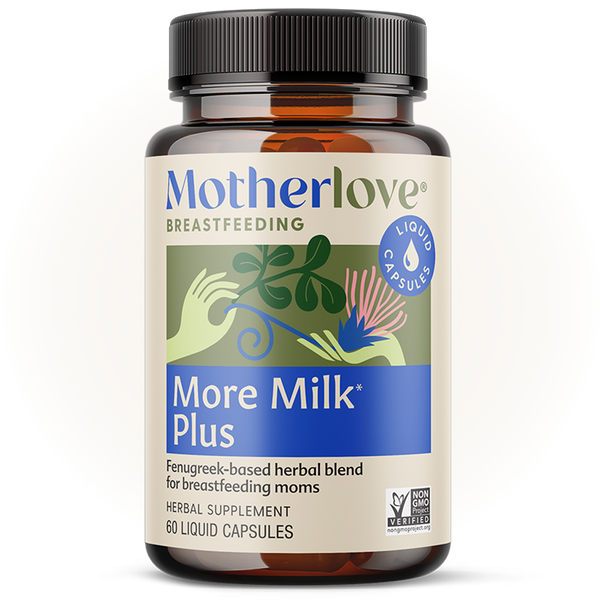Written by: Wendy Wisner
Most of us start our breastfeeding journeys with some basic knowledge of what to expect. We may have taken a prenatal breastfeeding class where we learned about latching, positioning, and how often we expect our babies to feed. Or, we may have gotten some wisdom from family or friends, some of which may have been helpful, and some of which may have been alarming.
Whatever the case, in theory, what you know about breastfeeding is often quite different from what happens when you’re actually doing it. Practicing breastfeeding positioning with a baby doll is different from trying to position a squirmy, screaming baby (of course)! And there is basically no way to prepare for those all-night nursing marathons or cluster feeding sessions until you are actually in them. Sigh.
Besides that, there are some things about breastfeeding that just aren’t as frequently discussed as topics like latching and sore nipples. Almost all of us have had those moments while breastfeeding where we say, “Why didn’t anyone tell me about this?!”
8 BREASTFEEDING TOPICS THAT NEED MORE ATTENTION:
Those Breastfeeding After-Pains … Oh My!
Almost all of us are told that we will experience contractions after giving birth. That's because after we give birth, our uterus has to shrink all the way back to its pre-pregnancy state, and the contractions that help make that happen can be super painful. But what you might not know is that breastfeeding can make the contractions more intense. That's because breastfeeding releases a hormone called oxytocin. Oxytocin allows for the contraction of your milk ducts so that milk can be released, but it also causes uterine contractions. Again, that's a good thing because you want your uterus to contract after birth! But it can be pretty painful. Ask your healthcare provider if there are any medications you can take or more natural methods that might ease your pain.
The First Two Weeks Of Breastfeeding Can Be Rough
When people say that breastfeeding can be hard, it may sound like they are saying that breastfeeding is difficult indefinitely. But usually, that's not the case: it's usually the first few weeks that are hardest. After that, most of us find that breastfeeding becomes easier and more pleasant.
The reason is that in those first few weeks, you and your baby are getting acquainted. You are learning the best way to get a good latch, you are learning your baby's hunger cues, and you are coming out of the fog of postpartum and adjusting to life as a mom.
If you are experiencing nipple pain, engorgement, or anything else that makes breastfeeding challenging, reach out to a lactation consultant or lactation specialist for help. IBCLCs (lactation consultants) are incredible resources during this time.
Oversupply Can Be A Big Deal
Anyone who has dealt with low milk supply issues knows how frustrating and sometimes devastating it can be. But what you might not know is that dealing with an oversupply of milk can be really difficult as well. Oversupply can make babies absolutely miserable. It can affect how they latch, how they digest their milk, and it can lead to symptoms such as choking on breastmilk, gassiness, nipple clamping, and colicky symptoms. Sometimes babies who can't manage an oversupply or overactive milk flow will flat out reject the breast.
If you think you are dealing with oversupply, you should definitely speak to a lactation consultant. First, you want to make sure oversupply is the issue and not something else. Then, you can discuss ways of managing that supply, including positioning (leaning slightly back helps), allowing your baby to finish one breast before offering the other, and doing smaller, more frequent feeds rather than waiting for your breasts to become overfull.
The Stress Of Breastfeeding In Public
If you are going to leave the house while breastfeeding your baby, chances are, you are going to have to deal with breastfeeding in public. The good news is that breastfeeding in public is legal in all 50 states. But that doesn't mean that everyone is accepting of it or that you yourself will feel comfortable, especially the first few times you do it.
One thing to keep in mind is that while breastfeeding your little one, you end up seeing more of your flesh than any onlookers will. After all, you are looking down at your baby and your breast and have a very close-up, intimate view. Consider breastfeeding in front of a mirror, and you will notice that what others see of your breastfeeding experience is usually pretty minimal.
In general, it's a good idea to practice your "breastfeeding in public" routine before you first venture out. We suggest getting breastfeeding-friendly clothes that allow easy accessibility. It is also helpful to scout out the area where you will be going to find some more discreet spots to nurse.
Also: if you end up not feeling any qualms about breastfeeding in public, that's normal too! Go ahead and breastfeed wherever you are and in whatever way makes you comfortable.
Your Baby May Scream And Reject Your Breast
Here’s one that often takes new parents by surprise. Your baby may be a breastfeeding pro and a happy nurser, and then one day decide that they want nothing to do with breastfeeding. Or, they may fuss and scream every time you offer them the breast. This is one of the most upsetting and worrying experiences for a new parent.
If your baby is under 12 weeks and their fussing generally happens at night, it may be due to cluster feeding, a growth spurt, or the evening fussies. Some babies develop colic after a few weeks of seeming to be happy. If your baby is growing and healthy, and will take the breast at other times of day, there is usually nothing to worry about. Sometimes a simple change of scene (take a walk outside! nurse in a dark room!) and a healthy dose of patience is all it takes. If your baby seems to have an upset stomach, that can make them refuse the breast too. Talk to your doctor or a lactation consultant if you want to investigate why.
Sometimes older babies suddenly refuse the breast. This is usually due to a nursing strike, and is usually preceded by an upsetting event (they bit your breast and you screamed in reaction, for example) or illness. Usually nursing strikes pass on their own. Keep gently offering, and pump your milk if the strike lasts more than a day or two.
It’s Not All Or Nothing
Breastfeeding doesn't always go according to plan. Maybe you have a low supply and need to supplement. Maybe you need to return to work and find that pumping all day just isn't for you. It's important to understand that breastfeeding doesn't have to be "all or nothing." Every ounce of breastmilk counts, and you are a breastfeeding parent whether you do it full-time, part-time, for one month, or for several years. You define your own success, and you are certainly no less of a mother or a parent whatever breastfeeding looks like for you.
How Great Breastfeeding Can Be
We've all heard horror stories about breastfeeding from others, and it's important for people to share their stories. Breastfeeding isn't always pretty. Sometimes it can be traumatic, or it can trigger past traumas. Sometimes breastfeeding feels like nothing but stress, and sometimes moms feel pressured to continue when they just don't want to anymore.
But it can also feel at times that there isn't as much space to share the joy that many parents feel while breastfeeding. Especially once those first few weeks are done, many of us get into a groove with breastfeeding and really love it. Snuggling up to our baby to feed them may be the one time of day that we truly get to relax and unwind. Plus, breastfeeding releases all kinds of feel-good hormones that make us feel great.
It's okay to celebrate breastfeeding and also tout our own breastfeeding successes and milestones. Celebrate every drop, every day, and every milestone you worked to reach!
Ending Breastfeeding Can Be Difficult Too
We often talk about how hard breastfeeding can be initially, but the ending can be just as difficult for many of us—deciding to wean—whether after a few weeks or a few years—is usually an emotional one. Not to mention that everyone will seem to have an opinion about when and how to wean. Stopping breastfeeding is an intensely personal decision and one that you get to make on your own terms. If you decide that breastfeeding is coming to an end, that's okay. It really is. And if you want to breastfeed for as long as your child wants to, even if they are several years old, that's totally fine too. Remember, it's up to you.
The good thing is that these days, breastfeeding moms are talking more openly about their experiences, so you may have actually heard about some of these topics before you started breastfeeding. Still, that doesn't mean there won't still be things about breastfeeding that will take you by surprise or that you will feel unprepared for.
HELP IS AVAILABLE
If you have any breastfeeding questions or concerns, chances are, you are far from alone. Connecting with other breastfeeding parents, online or in person, is one of the best ways to commiserate about this stuff, and to get some "real life," helpful suggestions along the way. We also suggest working with a lactation consultant as you navigate your milk-making journey.







